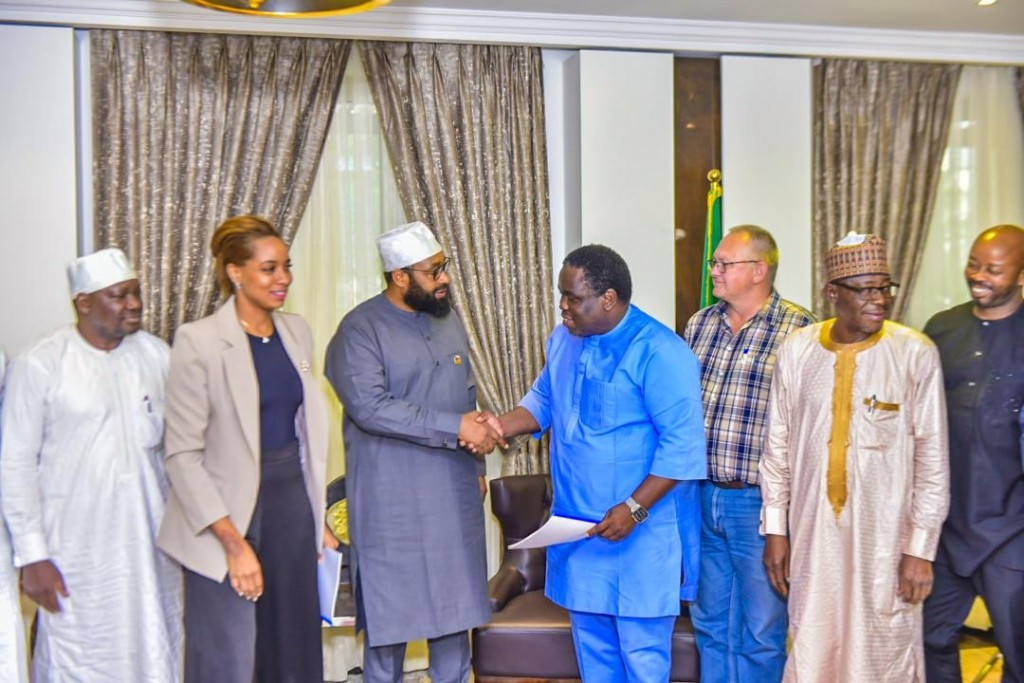DAY TWO
4.3 GRIEVANCE REDRESS MECHANISM (GRM) – Delivered by Oladipupo Sofowora, NGF FRILIA SME
The presentation dwelt on the concept that would address complaints, disputes, or grievances that may arise from various stakeholders involved in agricultural investments, particularly those related to land use, ownership, or management.
It laid emphasis on some key steps to be adopted (in line with FRILIA component) to attain a successful GRM in States based on peculiarities. A sample GRM toolkit for Kaduna and Ogun was presented for peer learning purposes.
4.4 COMMUNITY NEEDS ASSESSMENT IN RESPONSIBLE LAND-BASED AGRICULTURE
(Delivered by Oladipupo Sofowora, NGF FRILIA SME)
The presentation focused on the need for states to adopt the Community Need Assessment (CNA) approach, which would help to identify the needs, aspirations, and potential concerns of the local communities before implementation of any land-based agricultural Investment.
He also highlighted the procedures, framework, best practices, strategies and challenges of the Community Needs Assessment.
4.5 ENVIRONMENTAL AND SOCIAL RISK MANAGEMENT (ESRM)
(Delivered by Tiwalade Adeniyi, NGF FRILIA SME)
He explained the rationale of ESRM in FRILIA-related investment that would ensure environmental & social impact, risks, and opportunities associated with any FRILIA project identified, ranked, and mitigated/enhanced in line with regulations and globally accepted best practices.
4.6 LAND ACCESS, EASEMENT & INVOLUNTARY RESETTLEMENT MANAGEMENT
(Delivered by: Andrew Smith, NGF FRILIA SME)
The presentation centered on scenarios that require application of FRILIA principles to resolve/ manage and mitigate the emergence of crisis and that; there is no ‘one size fits all’ solution on Land Access, Easement & Involuntary Resettlement Management.
Therefore, every investment invites unique dialogue with target stakeholders comprising of the investor, the state/LG and the concerned community to pursue equitable outcomes that will ensure that, the investment benefits all parties.
4.7 VALUATION, COMPENSATION AND NEGOTIATING FAIR CONTRACTS
(Delivered by: Darryl Vhugen, World Bank)
His presentation dwelled on land acquisition, valuation, compensation and negotiation of fair contract for any land-based investment in agriculture under the FRILIA.
He emphasized that particular attention should be paid to the engagement and needs of vulnerable groups among those displaced, especially those below the poverty line, the landless, elderly, women and children, people with disabilities, ethnic minorities, or other legislation. displaced persons who may not be protected through national land compensation
DAY THREE
4.8
OUTGROWER MODEL FOR RESPONSIBLE AND INCLUSIVE LAND INTENSIVE AGRICULTURAL INVESTMENT
(Delivered by: Oladipupo Sofowora NGF FRILIA SME)
He highlighted major out-grower models and strategies used in agricultural investments, particularly in land-intensive sectors, to promote responsible and inclusive practices.
